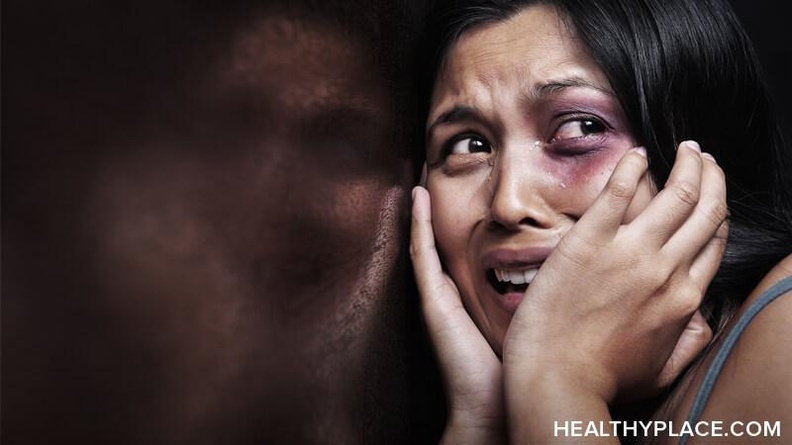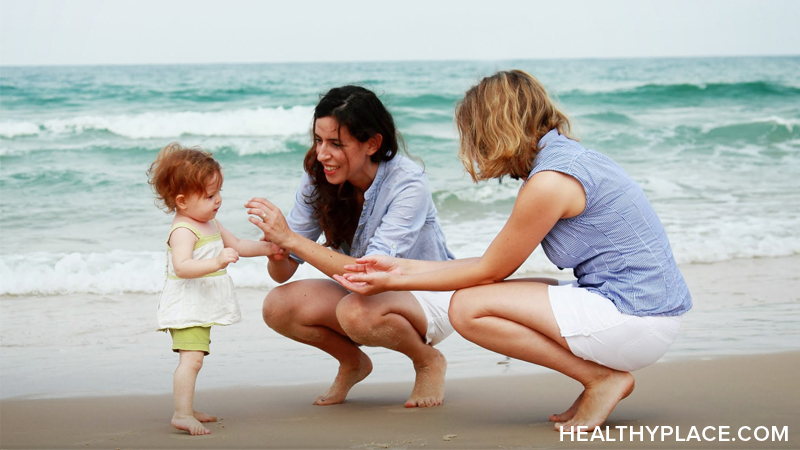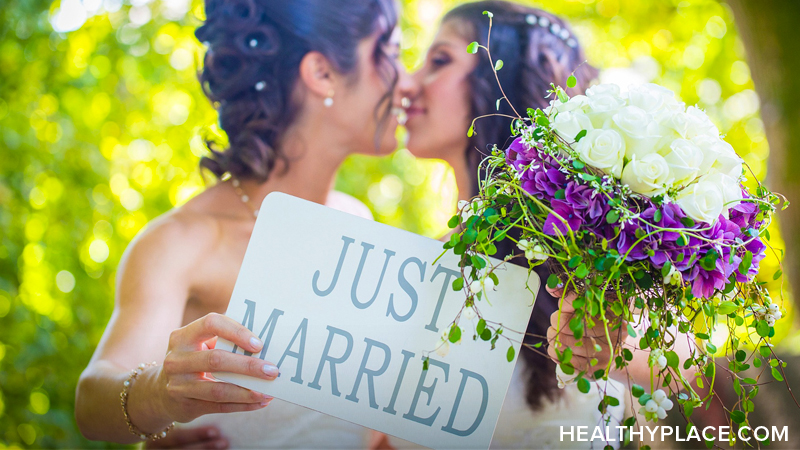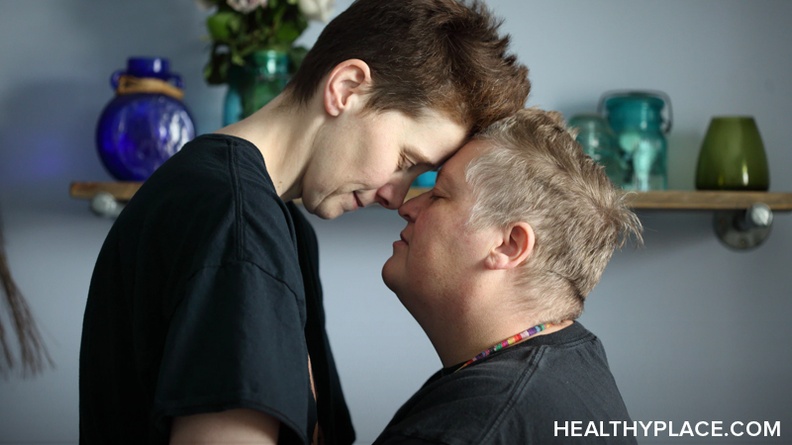Lesbians As Perpetrators of Domestic Violence

Domestic violence in lesbian relationships does exist, just as in any kind of relationship. If you're in a lesbian relationship and would like to know if you are being abusive or violent towards your same-sex partner, answer the questions below to find out.
- Do you physically hurt your partner in any way, including hitting, punching, pulling hair, biting, etc.?
- Do you say things to your partner to scare her?
- Do you try to control your partner's activities, like seeing her family or friends?
- Have you threatened your partner with hurting yourself, a beloved pet or her if she ever leaves you?
- Do you ever put your partner down or try to make her feel bad about herself?
- Have you ever forced your partner to do something sexually she did not want to do or have sex when she did not want to?
- Do you take control of your partner's money and make her account for everything she spends?
- Have you threatened to out her to her family or boss to get her to stay with you or to do something you want her to do?
- Have you monitored her phone calls or phone bills or read her email or mail?
- Have you humiliated your partner in front of friends or colleagues?
If you answered "yes" to any of these questions, you may be abusing your partner.
Who Abuses Their Partner?
There is no one set type of person who abuses another, although generally, low self-esteem is present. Most domestic abusers, perpetrators of domestic violence, get their sense of identity through their partner; because of this, an abuser will react with violence if they feel as if they are going to lose their partner.
Most of these people are not abusive at work or other areas of their lives, but with their victim can go from loving to furious from one minute to the next. Generally the perpetrator, right after a beating, will comfort and console the victim, almost as if to save the victim from the abuse. Gifts and promises to never do it again are almost sure follow, however, without proper help the abuse will happen again. This is called the cycle of abuse.
What Can You Do If You Are Being Violent to Your Partner?
The only person that can stop the cycle of violence is you. If you are serious about putting an end to the abuse, seek counseling. Couples counseling is not what is needed. You need individual attention to find the source of the anger as well as to help you learn how to be in a healthy relationship. Hopefully, in time, you can come to see your partner as an equal and develop a healthy relationship.
A lack of programs specifically designed for lesbians who batter is not an excuse to continue this behavior. Take some time to call your county psychological association for a referral and seek programs to help stop the abuse. (Batterers Intervention: Help for Batterers)
APA Reference
Gluck, S.
(2022, January 10). Lesbians As Perpetrators of Domestic Violence, HealthyPlace. Retrieved
on 2025, November 8 from https://www.healthyplace.com/gender/lesbian/lesbians-are-you-a-perpetrator-of-domestic-violence








